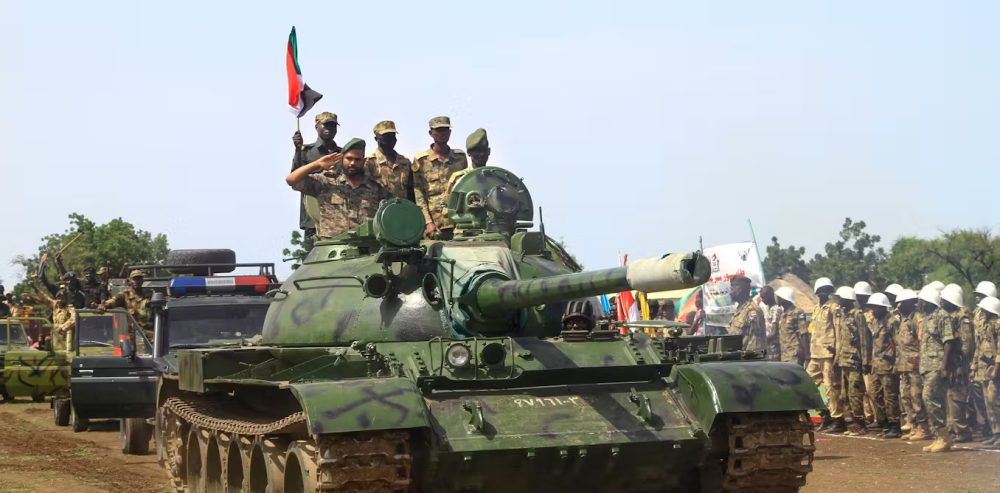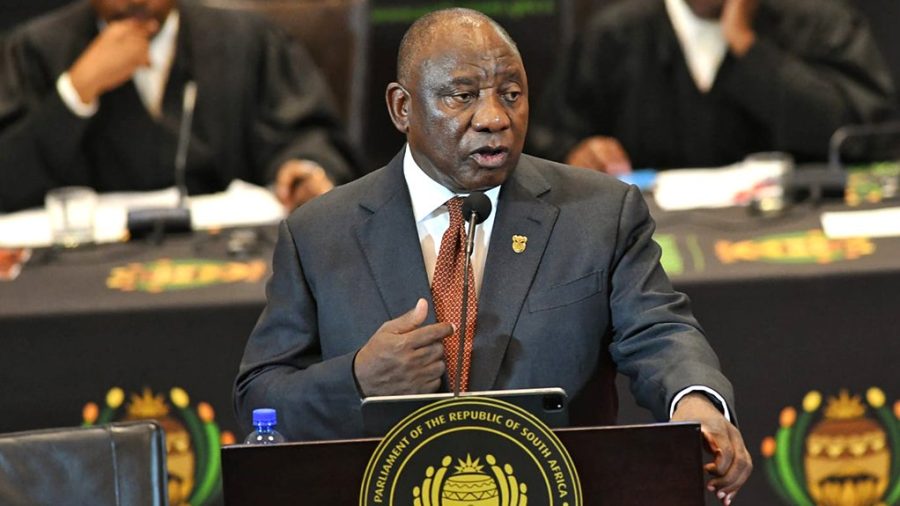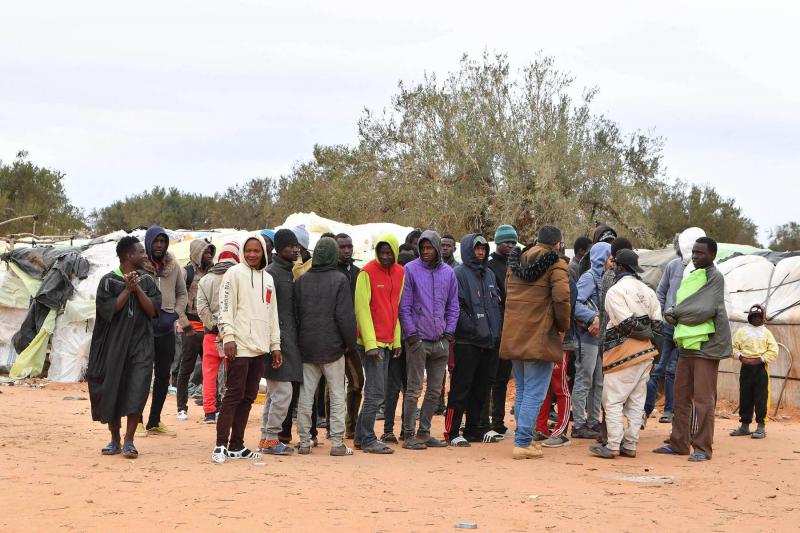As Sudan’s brutal civil conflict rages into its second year, fresh reports of war crimes committed by the national army have reignited global concern over the deepening humanitarian crisis in the country. Verified footage and reports from multiple human rights organizations—including Human Rights Watch and Amnesty International—have revealed disturbing patterns of extrajudicial killings, forced displacement, torture, and ethnically targeted violence, primarily in Khartoum and surrounding regions.
These atrocities, occurring in neighborhoods like Burri, Al-Azhari, Jebel Awlia, and Wad Madani, come against the backdrop of a renewed civil war that has not only fractured Sudan’s social fabric but also imperiled regional stability across the Horn of Africa and Central Africa. For many, the dream of a democratic, stable Sudan—once glimpsed after the ouster of Omar al-Bashir in 2019—now seems more distant than ever.
The conflict began in April 2023 as a power struggle between General Abdel Fattah al-Burhan’s Sudanese Armed Forces (SAF) and Mohamed Hamdan Dagalo’s Rapid Support Forces (RSF). What started as a turf war quickly spiraled into a nationwide conflict, destroying infrastructure, displacing over 10 million people, and leading to the deaths of at least 15,000 civilians, according to recent UN estimates.
The recent spate of army-led atrocities has shocked even seasoned observers of Sudan’s cyclical violence. Eyewitnesses and video footage confirm that military forces, sometimes in coordination with aligned tribal militias, have summarily executed prisoners, tossed civilians from bridges, and burned down entire neighborhoods accused of supporting the RSF. Local legal groups, including the Sudanese Emergency Lawyers, have described the violence in Darfur and Gezira as “the deadliest since the war began.”
The Sudanese Congress Party has labeled these crimes as violations of both national and international law, demanding an immediate halt and justice through international tribunals. “These are not isolated incidents,” said a spokesperson. “They reflect a systematic policy of terror aimed at suppressing dissent and reshaping demographic balances.”
Perhaps most alarming is the ethnic dimension of the violence. Numerous local and international NGOs have reported that entire communities—particularly in eastern Khartoum, Gezira, and parts of Darfur—are being targeted based on their perceived ethnic affiliation or presumed political allegiance. Reports indicate that hundreds of families have been forced to flee toward RSF-held territories, including East Darfur, where humanitarian conditions are dire.
Refugees describe scenes of terror: looted homes, disappeared family members, mutilated bodies, and entire neighborhoods burned to the ground. “This isn’t just warfare—it’s engineered social destruction,” says Sudanese analyst Dr. Safiya El-Fadil.
The Sudanese Armed Forces continue to deny responsibility, claiming that their operations are strictly targeting RSF fighters. However, the mounting evidence suggests a deliberate strategy to control urban centers through fear, while reshaping the ethnic and political landscape of key areas.
Sudan’s collapse is no longer a domestic issue—it has serious implications for the entire African continent, especially neighboring regions such as the Sahel, the Horn of Africa, and the CEMAC economic zone.
Sudan shares borders with seven countries: Egypt, Eritrea, Ethiopia, South Sudan, Central African Republic, Chad, and Libya. Most of these nations are already grappling with their own internal crises, and Sudan’s instability is straining their fragile political and economic systems. In Chad, more than 500,000 Sudanese refugees have crossed the border since the conflict erupted, overwhelming local capacities and threatening to reignite dormant conflicts in border areas.
Sudan also serves as a key trade route for landlocked countries like South Sudan and parts of Central Africa. The continued fighting has disrupted commercial corridors, halted oil shipments from South Sudan through Port Sudan, and shattered investor confidence in the region’s economic future.
While mediation efforts by the African Union, IGAD, and the United States have yielded temporary ceasefires, none have lasted. The failure to bring the two factions to the negotiating table underscores the lack of leverage and unity among international actors.
Analysts say that a sustainable resolution will require more than ceasefires. It calls for a robust transitional justice mechanism, international accountability for war crimes, and an inclusive political process that addresses not only power-sharing between elites but also long-standing grievances among Sudan’s marginalized regions.
However, without a coordinated regional strategy—and clear pressure from global powers like the EU, China, and the U.S.—any political agreement will remain fragile. “Sudan can’t be left to burn,” said El-Fadil. “Because if it collapses completely, it will take a good portion of this region down with it.”
Sudan’s implosion is already spilling over into broader international security concerns. With weapons flowing freely across porous borders, regional extremist groups may find new ground to operate in the ensuing chaos. The Red Sea shipping route, vital to global trade and already under threat from conflicts in Yemen, is now further endangered by instability in eastern Sudan.
Moreover, foreign powers with interests in Sudan—including Russia, which is reportedly eyeing naval access to Port Sudan, and the United Arab Emirates, accused of supplying arms to factions—are increasingly pulling the war into the realm of geopolitical contestation.
Sudan is becoming a failed state at the heart of Africa. And unless the international community mobilizes not just aid, but strategic, enforceable solutions, the consequences will echo far beyond Khartoum.
The extrajudicial killings carried out by the Sudanese army mark a dangerous escalation in a conflict that has already left the country in ruins. Beyond the human cost, Sudan’s war is a ticking bomb for regional and international security, threatening to destabilize trade, politics, and peace across Africa. What happens in Sudan will not stay in Sudan—and time is quickly running out to stop the slide into deeper catastrophe.




